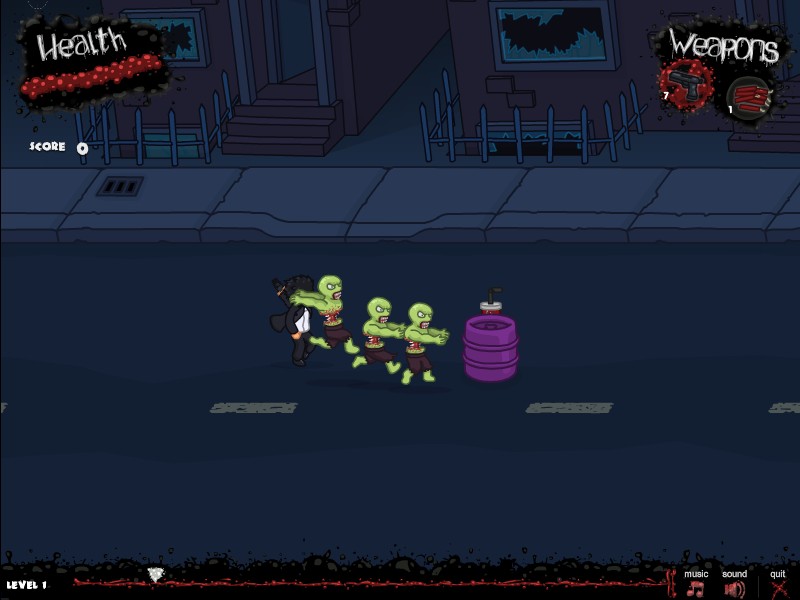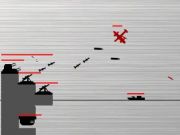

8, 1952.You're a tactician, a strategist, a tower defense addict, you're all these things wrapped into one commanding human being. delegation declared an indefinite recess to armistice talks on Oct. 25, 1951, at Panmunjom, which now straddles the Demilitarized Zone.Īfter lengthy haggling with no lack of progress, the U.N. forces continued to put pressure on communist forces, leading the communists to resume talks Oct. forces to help South Korea take over the entire peninsula. 23, 1951.Īnother roadblock to an armistice was South Korea’s President Syngman Rhee wanting U.N. This sticking point resulted in the communists breaking off negotiations on Aug. "Communism is a system that has no regard for human dignity or human freedom, and no right-thinking government can give its consent to the forcible return to such a system of men or women who would rather remain free." Truman wrote. "It was here that the most serious wrangling began, and it was here also that I insisted that we could not give ground," Truman wrote in his book. The communists demurred on this point, desiring all prisoners to be returned, even if it meant involuntarily repatriation. diplomats, led by Secretary of State Dean Acheson, and U.N diplomats wanted a exchange that allowed the prisoners to decide if they wanted to be exchanged. However, there were some major sticking points that the two sides could not agree on.įirst and foremost was the prisoner exchange policy.

were amenable, and armistice talks began July 10, 1951, at Kaesong, which is in the southern part of North Korea near today’s demilitarized zone.

On June 23, 1951, with no further progress in sight for communist forces, the Soviet Union, which backed North Korea, called for armistice talks. forces and later by North Korean and Chinese forces who crossed into Korea in the fall of 1950.īy the late spring of 1951, the battle lines had stabilized around the area of the 38th Parallel, which had previously divided the two Koreas prior to the invasion. The fighting over the next few months or so was fluid, with large swaths of the Korean peninsula being overrun first by North Korean forces, then by U.N.


 0 kommentar(er)
0 kommentar(er)
